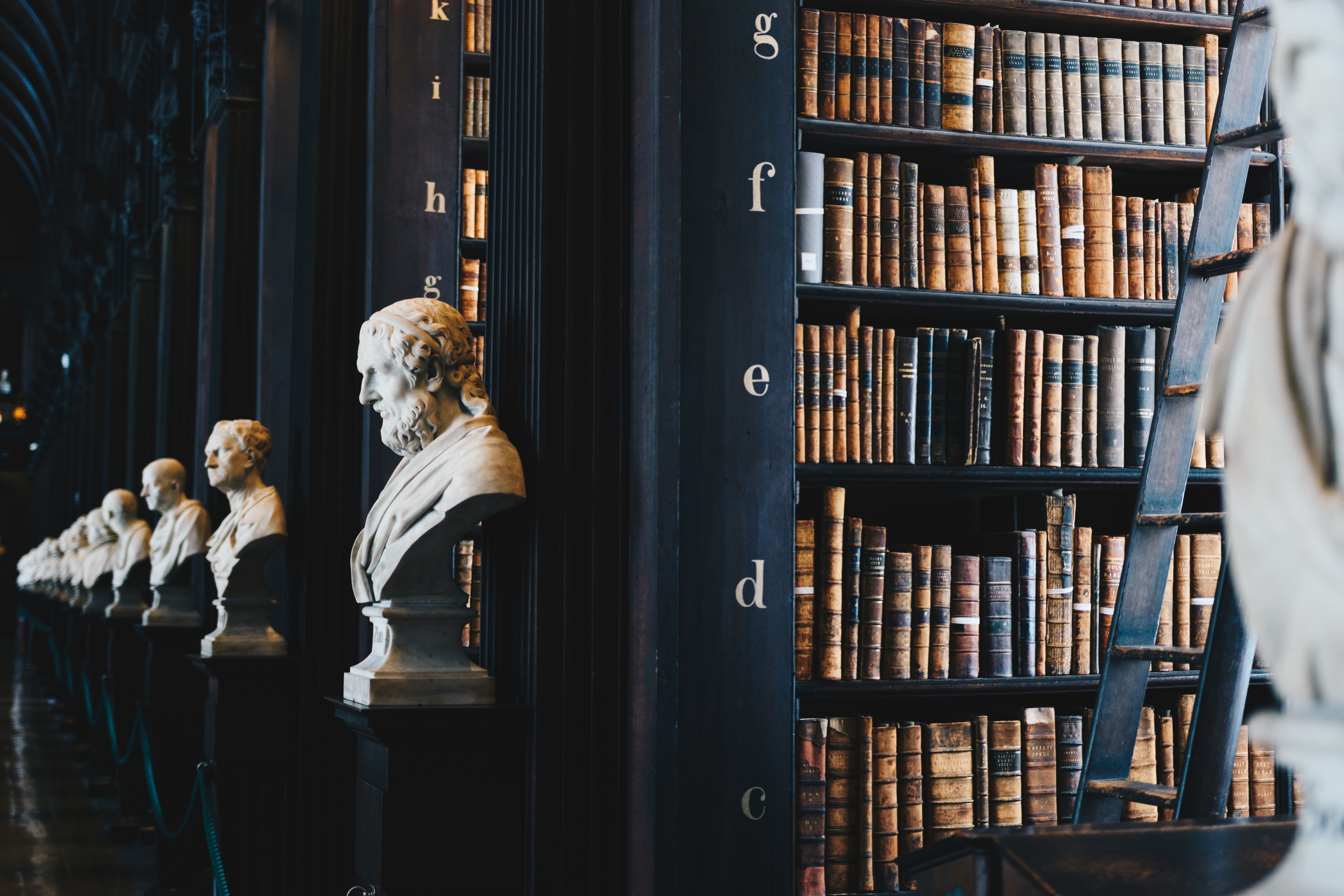Although the combination of the summer holiday and social distancing guidelines has rendered the Trinity campus almost completely empty, many of the staff are as busy as ever. Work research and projects continue, much of it related to the effect of the pandemic on Trinity and Ireland as a whole. In an effort to document the range of experiences of members of the Trinity community, the Library of Trinity College Dublin has launched the “Living in Lockdown” project, collecting records of life during the Covid-19 crisis to archive for ongoing and future research.
The project started shortly after College went into lockdown and was led by archivist Dr. Jane Maxwell, along with several specialists in web services, data protection, archives management, digital preservation, and digital photography. “We aim to compile a collection of unique, first-hand accounts of what it has been like to live in Ireland during a global health crisis,” Dr. Maxwell explained. “These records will become part of the official record of this period of time; they will be kept among the Library’s unique and distinct collections and will be made available for future research into the impact of Covid-19.”
Although the team cannot currently accept physical items due to the closure of College, Dr. Maxwell said that the quality of submissions they have received so far has been “amazing,” ranging from poetry to photographs of wildlife in the streets of Dublin to children’s artwork and an illustrated essay by an 86 year old graduate living in North America.
Dr. Jane Ohlmeyer, a 17th century historian and Professor of Modern History at Trinity, submitted a video testimonial of her experience living in lockdown in Northwest Donegal with her mother and son. “I remember taping it on the April 15, when the world had stood still,” she said. “There were no cars, no people. It’s very important to do it as close to the time as possible because your memory obviously changes over time so you really have to capture the moment.”
“All of these voices hopefully will be diverse and rich enough to give the historian of the future a real sense of what happened in these extraordinary months.”
The materials will be catalogued and made available both physically and on the Library website, according to Dr. Maxwell. “Physical materials (drawings, poetry, homemade face masks) will be kept with the other unique, historic collections in the Old Library and will be made available in the Manuscripts Reading Room,” she said. “Next year we will also curate an online exhibition to let everyone see the material that has been donated.” More information on submission guidelines and project details can be found on the lockdown living page of Trinity’s website.
For both Dr. Maxwell and Dr. Ohlmeyer, one of the most important components of the project is the diversity of voices captured in the materials received. Submissions are open to anyone in the Trinity community, from students and staff to alumni and visiting academics. “100 years from now, all of these voices hopefully will be diverse and rich enough to give the historian of the future a real sense of what happened in these extraordinary months,” Dr. Ohlmeyer said. “What the cleaner has to say is as interesting and as important as what the Provost has to say.”
“We want to be sure that the Library can offer researchers a detailed picture of people’s everyday lives.”
In such a digital world, Dr. Maxwell stressed the importance of making a conscious effort to save these materials and ensure that they are not lost to future generations. “Digital images, emails, tweets – these are all vulnerable to loss as time goes by,” she said. “We want to be sure that the Library can offer researchers a detailed picture of people’s everyday lives.”
Indeed, one of the main points of the project is capturing the lives of ordinary people in extraordinary times, or recording the voices of those whose experiences may not ordinarily be found in public records. “As an archivist and a student of history I know that there will be research interest in the events of 2020 long into the future,” Dr. Maxwell said. “There will be masses of public records for researchers to examine if they are interested in government reactions or medical breakthroughs. However, other researchers will want to know what became important to private individuals.”
“Researchers will want to know what became important to private individuals.”
As Ireland continues to move out of lockdown, the project is still accepting submissions and urges anyone in the Trinity community, and particularly undergraduates, to consider participating and “be there for the students of the future,” as Dr. Ohlmeyer put it. “You really have to capture the moment. People were very fearful for a while but also there were tremendous kindnesses and there’s a great sense of solidarity,” she said. “It’s really about an archive of the present and an archive for the future.”






